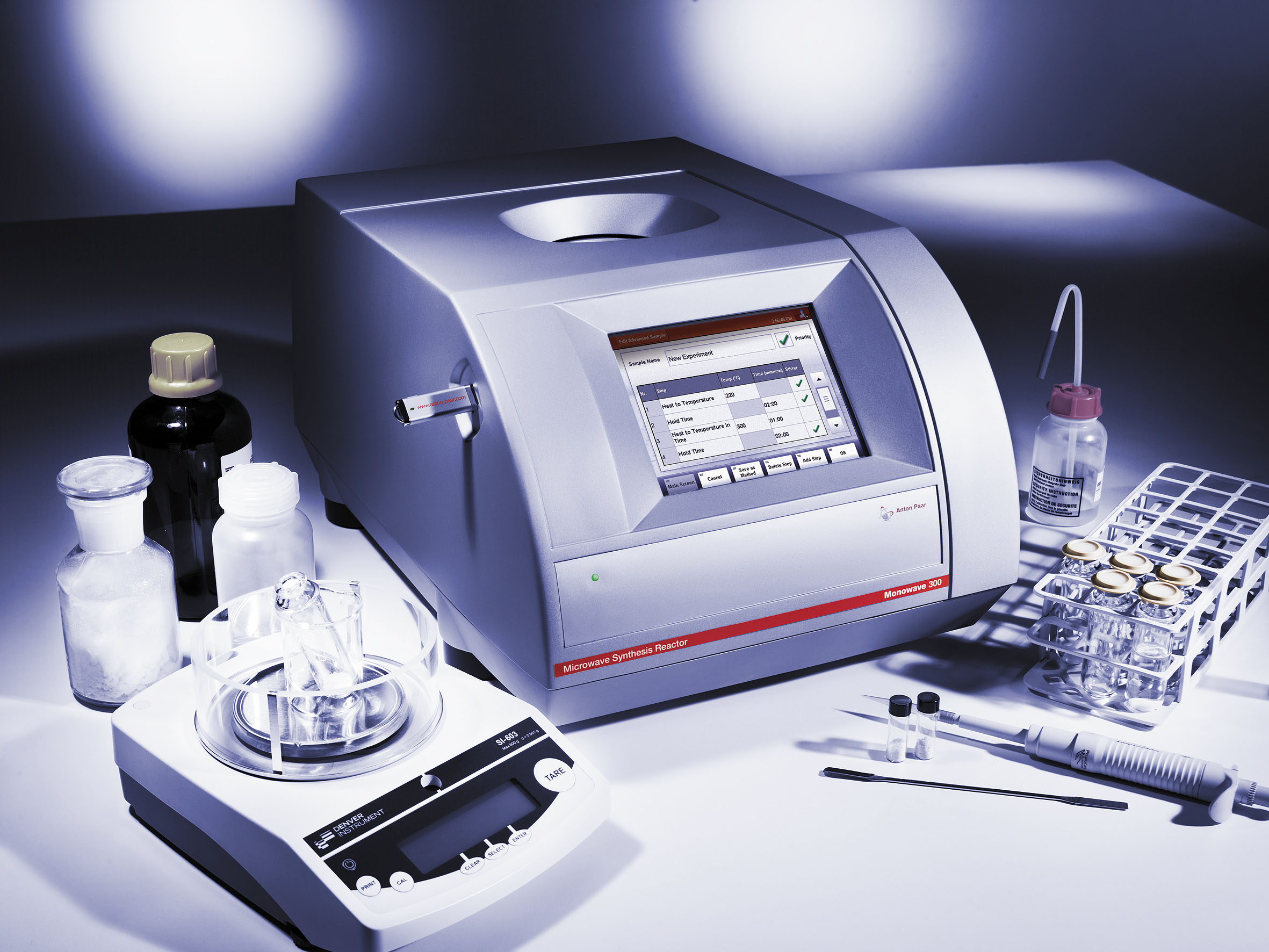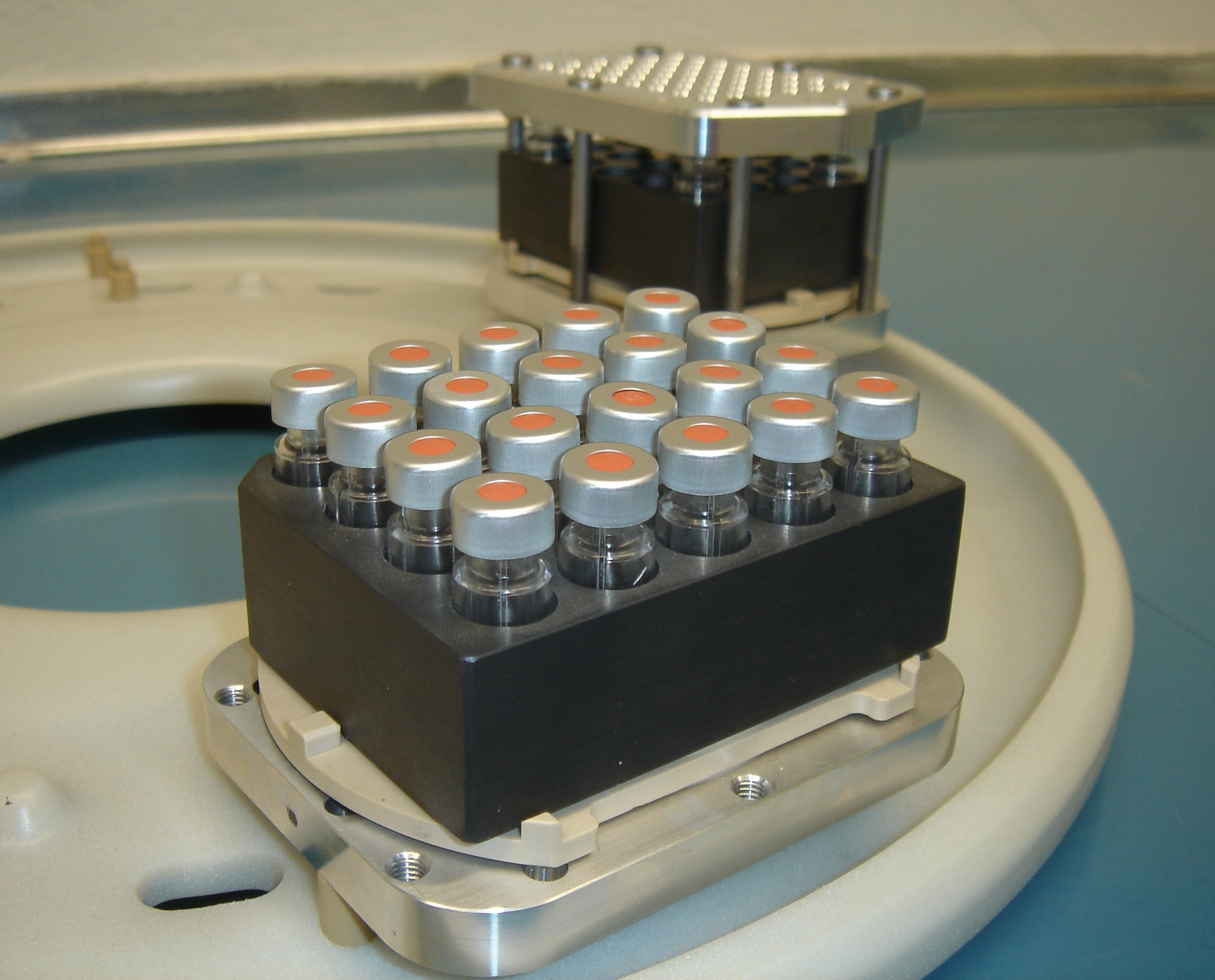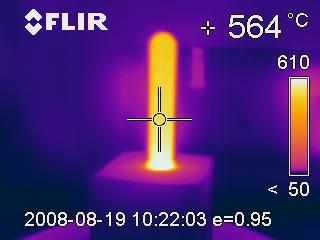CD Laboratory for Microwave Chemistry
Head of research unit
Commercial Partner
Duration
Thematic Cluster


The central research interest lies in microwave energy. In particular, the use of microwaves in carrying out chemical reactions and, building on this, the industrial expansion of the areas of application are being investigated.
Microwave energy is used in chemistry in a wide variety of chemical processes, e.g. for heating the reaction mixture in organic synthesis. In contrast to conventional methods - where external thermal heating is used - the chemical substances absorb the thermal energy themselves. The energy input of the electromagnetic radiation is therefore much faster and more efficient. The rapid heating to sometimes very high reaction temperatures means that a large number of chemical processes can be greatly accelerated. Despite these advantages, the molecular and chemical-physical principles of this technology have not yet been sufficiently researched.
As part of the research work, the effects of microwave irradiation on various chemical processes are analysed in detail. The resulting findings on so-called athermal or specific microwave effects are creating the scientific basis for the further development of this technology and opening up new areas of application: These include materials science, such as nanotechnology, or the biosciences, for example. Microwave energy is of interest here in the context of peptide synthesis or proteome analysis, i.e. analysing the totality of all proteins that can be found in a cell or living organism under certain conditions.
In particular, the investigations serve to expand the method for industrial processes. This is particularly challenging, as very large quantities of reaction material usually have to be used, which cannot be heated using conventional microwave reactors. A completely new microwave reactor is being developed in order to be able to use the technology, which has so far been limited to the laboratory scale, on a production scale. The possibility of using flow reactors for such industrial purposes will also be extensively investigated. Here, substances are heated as they flow through a reactor.
Last but not least, the research work is focussed on so-called special microwave effects. Research is being conducted into whether such effects occur alongside chemical reactions. The investigations will clarify for the first time whether non-thermal microwave effects are also present in the microwave field.


Christian Doppler Forschungsgesellschaft
Boltzmanngasse 20/1/3 | 1090 Wien | Tel: +43 1 5042205 | Fax: +43 1 5042205-20 | office@cdg.ac.at

